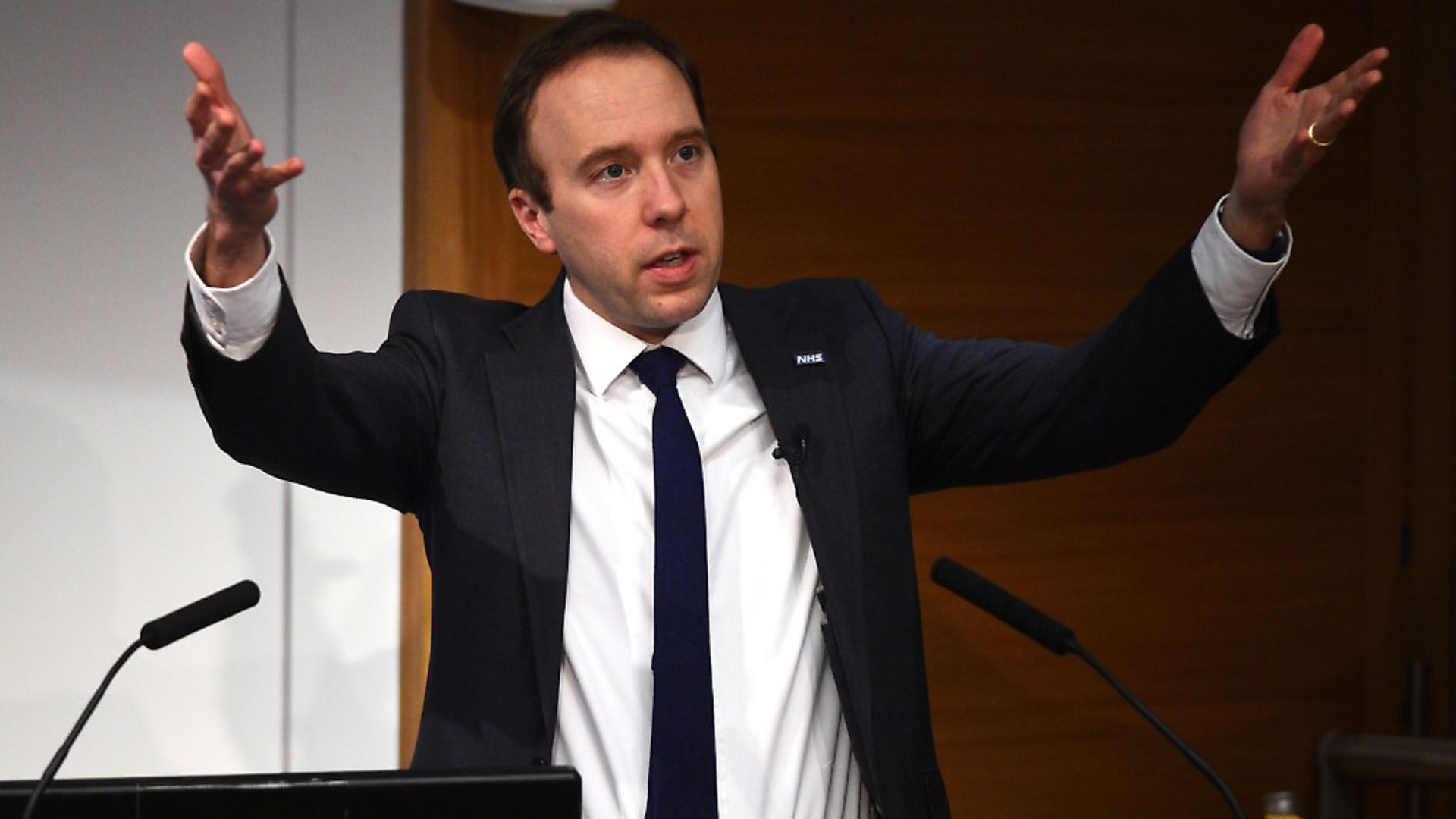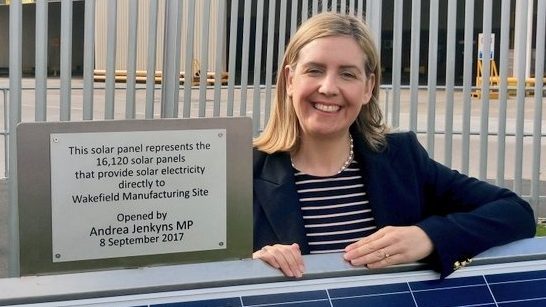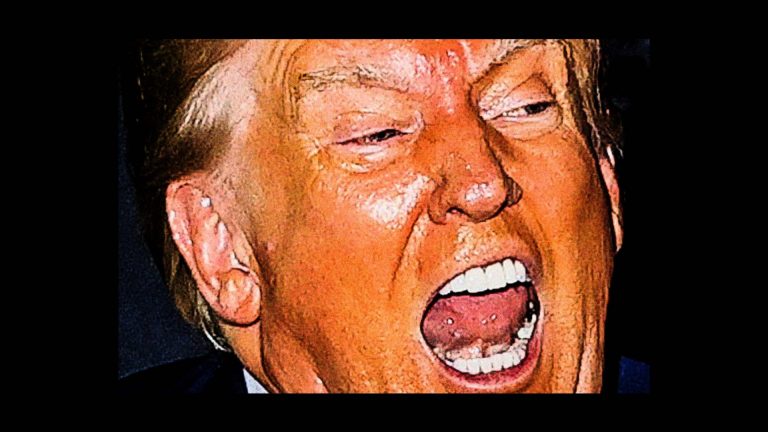
Matt Hancock sidestepped calls to confirm he would resign to block a no-deal Brexit, as he revealed the cost of NHS contingency planning.
The health secretary said around £11 million of taxpayers’ cash has been spent so far, adding there have been costs to the pharmaceutical industry due to stockpiling of medicines.
Hancock also attempted to reassure people with diabetes after insisting the two major providers of insulin have made stockpiles of at least 12 weeks – double that requested by the Government for other medicines
Speaking in the House of Commons, shadow health secretary Jonathan Ashworth said Hancock had spoken with his ‘characteristic self-confidence’ about insulin supplies but highlighted concerns from charities.
He added government impact assessments linked to no-deal planning for medicines show the NHS will ‘pay more for drugs, UK firms will face more red tape, NHS patients will go to the back of the queue when it comes to international innovation’.
Ashworth went on: ‘Given the consequences of no-deal are so devastating for the NHS, will he – like apparently the justice secretary [David Gauke] will do – resign from the government if it means blocking no-deal?’
Hancock replied: ‘If he really cared about stopping no-deal, he would vote for the deal as well.’
He described his Labour counterpart as a ‘reasonable man’ before adding: ‘I like him. My politics are probably closer to his politics than his are to the leader of his party [Jeremy Corbyn].
‘So why doesn’t he have the gumption to join his friends over there in the Independent Group instead of backing this hard-left proto-communist as the leader of the Labour Party?’
Chris Leslie, Angela Smith and Mike Gapes, who were among the seven MPs to quit Labour to sit as an independent group, based themselves on seats next to the DUP during health questions in the Commons.
Earlier, Labour’s Nick Smith said: ‘Can you say how much has already been spent after activating NHS no-deal contingency plans and what the overall bill for this will be?’
Hancock replied: ‘Yes, around £11 million has been spent already.
‘The NHS is not generally buying the extra medicines that are going into the elongated stockpiles but the pharmaceutical industry is because we’ll eventually buy most of those medicines for the NHS.
‘So there have been costs in the pharmaceutical industry as well, but the cost so far to the taxpayer is £11 million and I expect it’ll remain at that level – if a little higher.’
Vicky Ford, Conservative MP for Chelmsford, raised concerns over insulin supplies for people with diabetes.
Hancock replied: ‘Whilst across all medicines we have requested the pharmaceutical industry has an extra six weeks of supplies in case of a no-deal Brexit, in the case of insulin the two major providers have already made stockpiles of at least double this – which shows that those with concerns about access to insulin can know that the plans we’ve got in place are being enacted even more strongly than elsewhere.’
SNP MP Carol Monaghan asked about arrangements for radioisotopes post-Brexit.
Hancock replied: ‘In the event of a problem at the border, at the Dover-Calais straits then we will be bringing in radioisotopes by air. We’ve already contracted an aircraft to make sure that this happens. So that part of the planning is very well advanced.’









